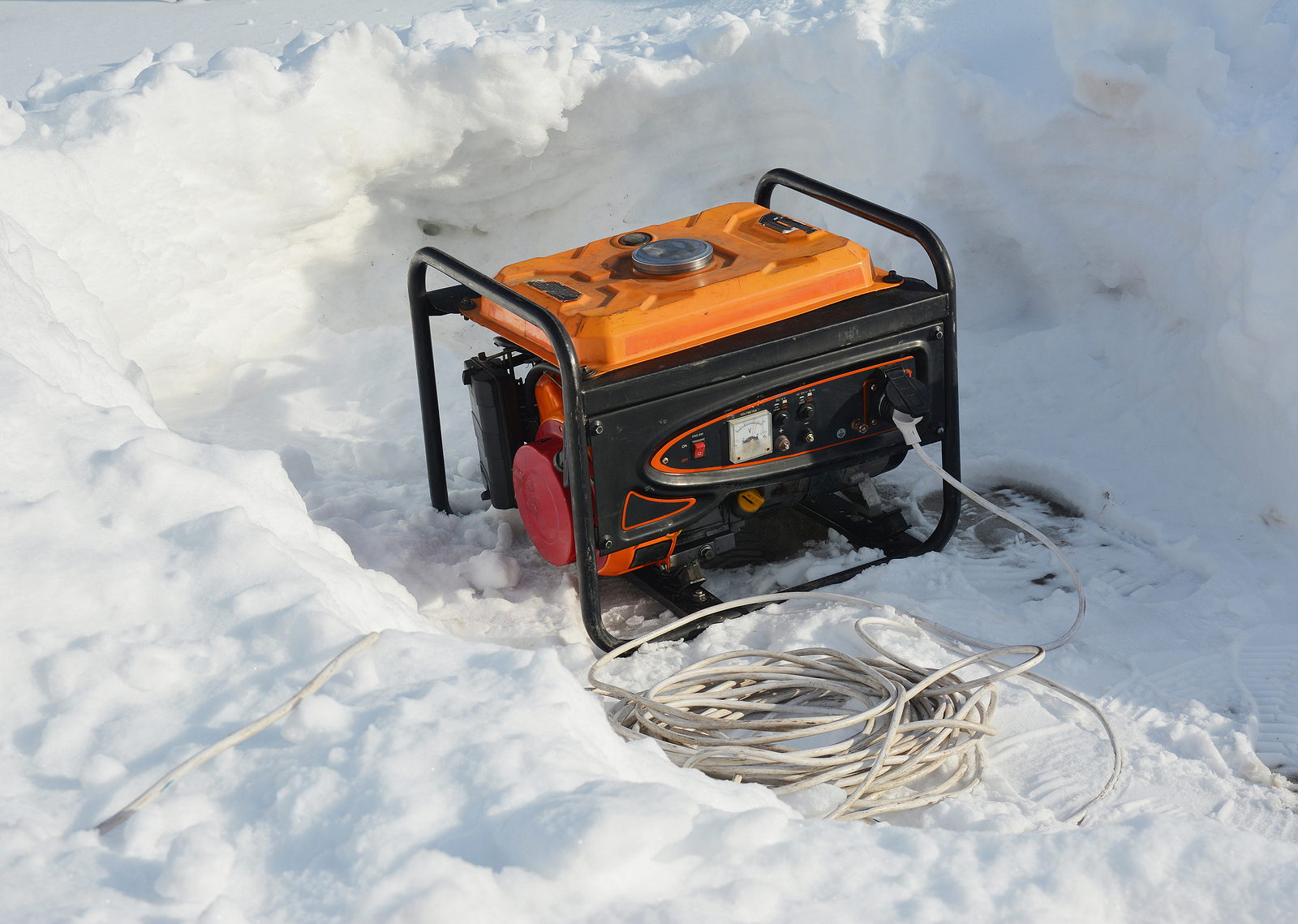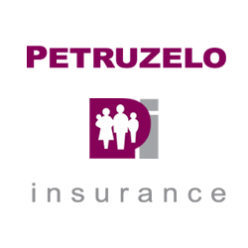
Winter weather poses many challenges for homeowners, and one of the most urgent is generator safety during cold weather and winter storms. While generators are extremely useful to ensure that home electricity and heating needs are met during power outages and cold snaps, improper use of generators can pose significant safety problems if used incorrectly.
Heating, ventilation, and air conditioning (HVAC) experts recommend that homeowners follow a number of important safety tips.
Never run a generator indoors. Generators emit significant levels of carbon monoxide, and generators located too close to the home run the risk of filling the home with highly dangerous fumes that can cause illness, injury and even death to homeowners. Even well-ventilated areas under cover – such as a garage with an open door — could risk filling a home with dangerous fumes. Generators should be installed and used well away from the home and the garage. If it’s raining or snowing, homeowners should cover the generator with a canopy to avoid electrical shocks from moisture.
Choose a site away from windows and doors. Outdoor generators that are located too close to windows, doors or vents could be risky if carbon monoxide can still get into the house. Ensure you’re placing the generator, either portable or installed, in an area that allows the exhaust to escape freely.
Keep the generator free from moisture. Moisture can present a significant risk of electrical shock. Ensure the generator is off the ground away from snow or puddles of water. It might be a good idea to use a pallet or some other structure that allows the generator to remain dry.
Use professional installation companies. While it may be tempting for homeowners to save money by purchasing a generator and installing it themselves, they may lack the knowledge necessary to keep their homes safe from fumes and electrical problems. It’s a good idea for insurance companies to mandate that all installed generators are implemented by a professional installer. In some cases, homeowners may be back-feeding their generators into their existing electrical systems, which can present the risk of electrical shock both for homeowners and linemen.
Follow manufacturer-approved maintenance schedules. Many homeowners put their generators aside for months, leaving fuel in them. In this case, when the generators are used after a long period of inactivity, the stale fuel could affect the generator’s carburetor. Generators should be stored without fuel, and homeowners should always allow the generator to cool down before they add more fuel, or they risk starting a fire.
Install a carbon monoxide detector. Battery-powered carbon monoxide detectors should always be used in any home or business running a generator. This way, even if the power is out, the detector will alert the homeowners of dangerous levels of indoor carbon monoxide.
Ensure your home insurance is up to date. To be sure that your home insurance policy covers any damage to your home by a generator, ensure that your policy is up to date. In Connecticut, Petruzelo Insurance offers personal and business policies that fit your needs and protect your home and business. Call us at 866-479-3327 or visit our website for more information.
